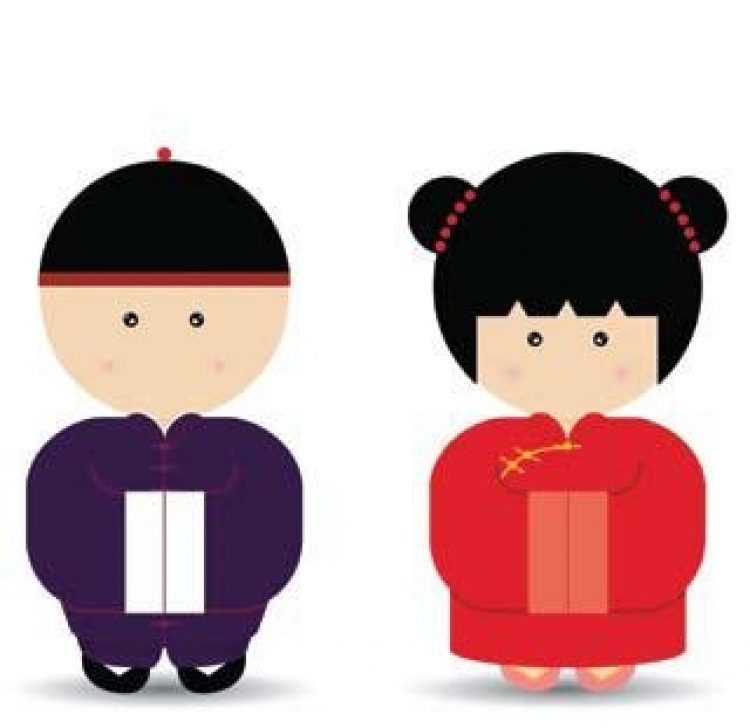There’s no such thing as a typical Chinese slot player
Delegates at G2E Asia 2009 had a rare treat when slot executives from three different Macau operators—SJM, MGM GRAND Macau and Melco Crown Entertainment—sat down in an open conference session to reveal their thoughts about the current state and future direction of the Macau slot scene. Their candour during ‘Growth in Games: Slot Directors’ Round Table’ was all the more refreshing given the fierce competition in a rapidly growing market. The prevailing attitude among the managers—at this stage at least—appears to be that cooperation on market intelligence combined with competition for customers on the various casino floors will help the market to mature and grow further.
Insights
This correspondent had the relatively unusual pleasure of leaving a conference session about Asian gaming knowing more about the topic than when he arrived. Some of the credit for the success of the session must go to Aspect Gaming’s Gordon Lee, who acted as moderator. Mr Lee has his own insights into the needs of Chinese slots players as the managing director of a gaming equipment supplier with a manufacturing base in Shanghai and offices in Macau. His laid back, almost conversational style of questioning made occasionally tricky issues sound so unthreatening that the contributors couldn’t help but give a direct answer.
Credit must also go to those contributors for supplying answers detailed enough to provide some real insights. The panel members were: Tammy Ng, Deputy Manager, Slots, SJM Corporate Slots Division; Peter Johns, Director of Slot Operations, MGM GRAND Macau and Matt Hurst, a former director of slot operations at Wynn Macau and currently Vice President, Gaming Machines, at the newly-opened City of Dreams resort developed by Melco Crown Entertainment on Cotai. Mr Ng has an impeccable pedigree in Macau, as his father was an early associate of Dr Stanley Ho in slot operations soon after the latter won a casino monopoly from the Portuguese authorities in 1962. As a result of that and his own industry experience, Mr Ng junior is an expert in that part of the slot market aimed at local players. Mr Johns has wide slots management experience in major markets including Australia and the UK.
One of the discussions doing the rounds in the industry is whether Macau’s slots sector will follow an entertainment route or a hard gambling route. Some think slots will have the ability to bring in a new kind of customer less focused on hard gambling than traditional Asian table players, i.e., a more Las Vegas-style patron. The advocates of the entertainment route say slots will allow casino operators access to a huge market made up of China’s low to middle income population. They also argue slots will provide operators with the safety of stable and predictable income by diversifying the local industry from high volume but low margin VIP baccarat and its inherent volatility on returns.
That’s a debate with many shades of opinion and enough material for the discussion to last from now until G2E Asia 2010. The slot directors at the round table session didn’t pretend to provide the last word on that debate, but they did share some thoughts on that most prized but often highly abstract marketing concept—the Asian, and specifically, the Chinese slot player.
One of the insights gleaned from the session is hardly an insight at all. It’s more about common sense, but like many common sense things it’s worth saying. This is that just as there’s no such thing as an ‘Asian gambler’, so there’s no such thing as ‘a Chinese’ slots player in Macau. As Peter Johns, Director of Slot Operations for MGM GRAND Macau succinctly put it when describing how to select games and equipment: “It’s horses for courses.”
Multiple choices
There are at least four different kinds of Chinese customers playing slots in Macau—the locals, Hong Kongers, Taiwanese and Mainlanders. You can raise that to five if you include Malaysian Chinese, and even six if you include so-called Overseas Chinese resident in countries such as Australia, Canada and the US, but with family and business ties to China and making holiday or work trips back to the region.
While all these ‘Chinese’ players share a cultural and historical heritage, they also come from distinct societies and may need different things from the operators’ general slots offer. Adding to that complexity is the fact that variations in income, education and general life experience within those groups makes for even more variation in how customers respond to slot products.
Complexity in customer profiling? ‘Welcome to the world of marketing’ many readers may think to themselves. They have a point. Inside Asian Gaming takes the view, however, that a small amount of knowledge and insight widely shared is better than none at all. It forms the foundations for a body of information that will help two worlds—the world of technology often, but not exclusively, created and owned by Western companies, and the world of the energetic, demanding, but also open-minded Chinese player—to meet and form a mutually beneficial association.
“In 2002, slots represented less than 1% of gaming revenue in Macau. By 2008, that had risen to 5%. The growth is huge,” said Mr Lee at the opening of the session.
































